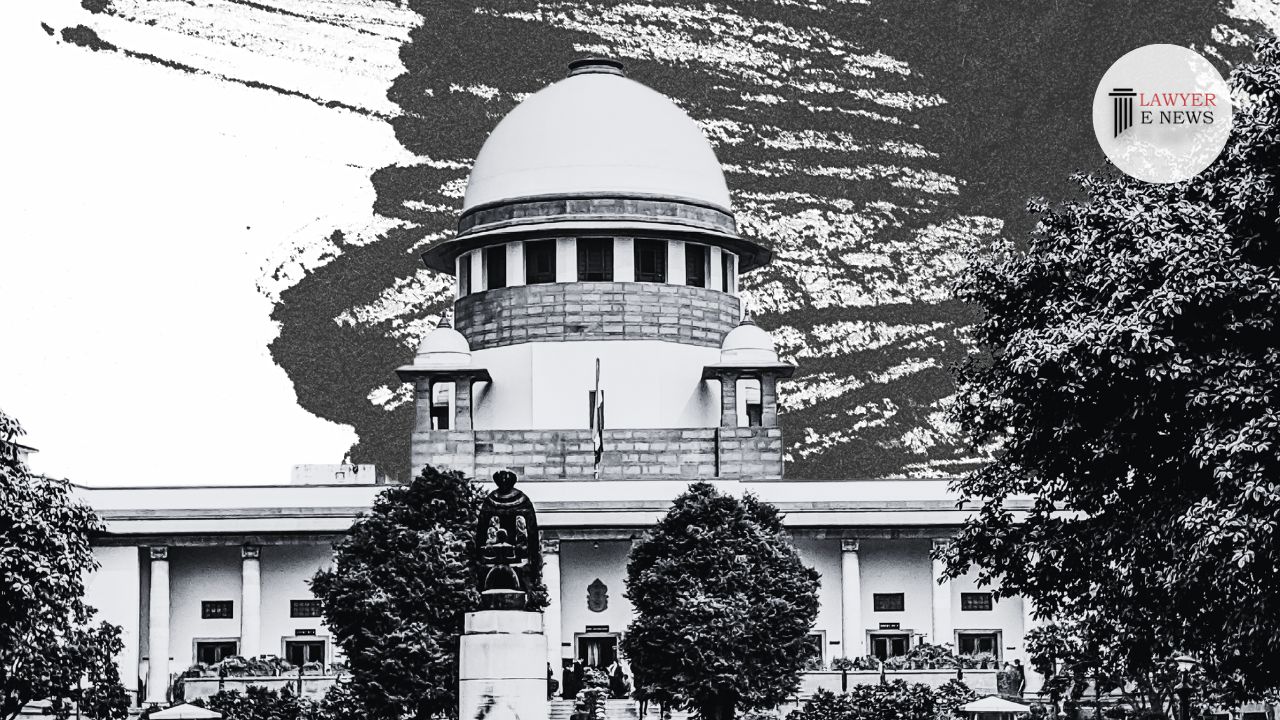-
by Admin
15 February 2026 5:35 AM



On September 12, 2024, the Supreme Court of India, in a significant ruling, addressed the issue of whether an application for extension of time under Section 29A of the Arbitration and Conciliation Act, 1996 could be filed after the arbitral tribunal’s mandate had expired. In the case of Rohan Builders (India) Pvt. Ltd. v. Berger Paints India Ltd., the Court held that an extension application is permissible even after the expiry of the initial or extended mandate period, provided there is “sufficient cause.”
The dispute between Rohan Builders and Berger Paints reached the Supreme Court after the High Court at Calcutta ruled that no extension of time could be granted once the mandate of the arbitral tribunal had lapsed. Several High Courts had delivered conflicting opinions on whether Section 29A(4) of the Arbitration Act allowed for time extensions after the tribunal’s mandate expired.
The High Court of Calcutta, relying on a strict interpretation of Section 29A, ruled that such applications must be filed before the expiry of the arbitral tribunal’s mandate. This view was supported by the Patna High Court, while High Courts in Delhi, Bombay, Kerala, and Jammu and Kashmir took a more flexible stance, allowing extensions after the mandate had expired.
Legal Issues at Hand:The key legal issue in the case revolved around the interpretation of Section 29A(4) of the Arbitration and Conciliation Act, which governs the time limits for the making of an arbitral award. The specific question was whether courts have the authority to extend the time for making an award even after the expiration of the tribunal’s mandate.
Section 29A(1): Sets a twelve-month period for domestic arbitration from the date of completion of pleadings.
Section 29A(3): Allows parties to extend the time by six months through mutual consent.
Section 29A(4): States that if no award is made within the specified or extended time, the tribunal’s mandate will terminate unless the court extends the time, even after the expiration of the original mandate.
The Supreme Court ruled in favor of a more liberal interpretation, stating that an application for an extension of time can be filed after the expiration of the mandate. The Court emphasized that the mandate of the tribunal is not automatically and irreversibly terminated upon the expiration of the 12 or 18-month period. Rather, it becomes functus officio unless a court decides to extend it.
Justice Sanjiv Khanna, delivering the judgment, observed that Section 29A should not be interpreted in isolation but must be read in its entirety. The word “terminate” in Section 29A(4) does not signify a permanent cessation of the tribunal’s powers; instead, it is conditional upon the court’s decision to extend the mandate, even after the original time limit has lapsed.
"The term ‘terminate’ under Section 29A(4) is not absolute," the Court remarked, "it must be understood in the context that the court has the authority to revive the arbitral process post-expiry if sufficient cause is shown."
The Court reasoned that a rigid interpretation of the law would lead to unnecessary delays and inefficiencies in the arbitration process, forcing parties to reinitiate arbitration after already investing time and resources.
Additionally, the Court highlighted that the 2015 amendment to the Arbitration Act, which introduced Section 29A, aimed to promote timely awards and avoid unnecessary delays. However, it did not intend to penalize parties by foreclosing their right to seek an extension post-expiry.
The judgment underscored the importance of party autonomy in arbitration and the need to balance it with judicial intervention when warranted.
The Court also noted that the second proviso to Section 29A(4) allows the tribunal’s mandate to continue during the pendency of an extension application.
The Supreme Court’s ruling in Rohan Builders (India) Pvt. Ltd. v. Berger Paints India Ltd. resolves the long-standing debate on the time limits for arbitral awards and the powers of the courts. The Court’s flexible interpretation of Section 29A will provide much-needed clarity to arbitration proceedings in India, ensuring that procedural delays do not undermine the arbitral process.
Date of Decision: September 12, 2024
Case Title: Rohan Builders (India) Pvt. Ltd. v. Berger Paints India Ltd. & Others
